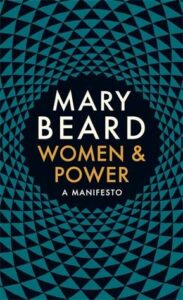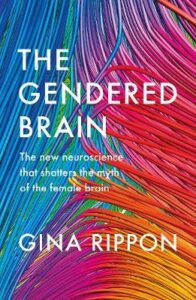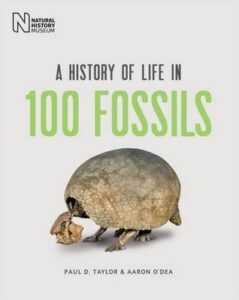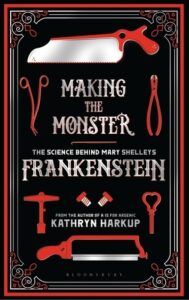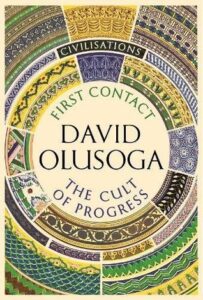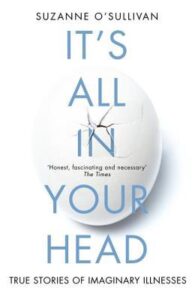 It’s All In Your Head, Suzanne O’Sullivan
It’s All In Your Head, Suzanne O’Sullivan
The title of the book gives it away: this is a series of case studies, essentially, covering cases of psychosomatic disease. In it, as in O’Sullivan’s other book, she discusses the cases of various past patients and how she concluded their symptoms were not neurological disorders, but instead signs of a conversion disorder. I think the title is a bit of a disservice, because O’Sullivan is strongly against the kind of dismissal the phrase implies. She believes that (most of) her patients with this issue are truly distressed, truly experiencing pain and disability, and truly require medical help. Though it’s not a physical disorder of the nerves, it is something that should and must be treated in order to allow people to resume normal lives.
Understanding of psychosomatic illness and health anxiety is lacking in many doctors. Part of it is overwork: crowded clinics do not appreciate the sight of someone hoving into view with yet another anxiety-related illness of nebulous symptoms and solely psychological origin. But people like that, all the way along the scale from the lumps and bumps that trouble me to those whose brains paralyse themselves, all deserve compassion and treatment, and O’Sullivan’s book strongly advocates for that. She is firmly against the impulse to second guess a patient and assume they are faking.
That said, of course she makes herself come across as preternaturally patient with this kind of thing, and very sure about her diagnoses. She does discuss uncertainties now and then, but for the most part she is very certain of herself. Most of the cases she mentions are very clear-cut, and it makes it all seem very easy. In reality, things are muddier.
The chapter on ME/CFS has many detractors and as many people who shout that it is pure truth. Lacking the professional background or the academic reading on the topic, I can only say that I was under the impression that the graded exercise she recommends was in fact proven to be unhelpful, and that both sides in ME/CFS discussions can get very fraught and very disinclined to admit the truth of anything the other says. At the very least, O’Sullivan’s sympathy feels real, and she does intend to diminish the suffering of people with ME or CFS; she merely questions its source, and does not believe that a psychological source of issues means weakness or that you can just snap out of it.
It’s not deeply profound if you’re looking for the science of all this, though she does discuss what is known and the history of psychosomatic illnesses. It’s mostly of interest for really understanding the bananas things our brains can do to us. An enjoyable read, but not for me a groundbreaking one.

